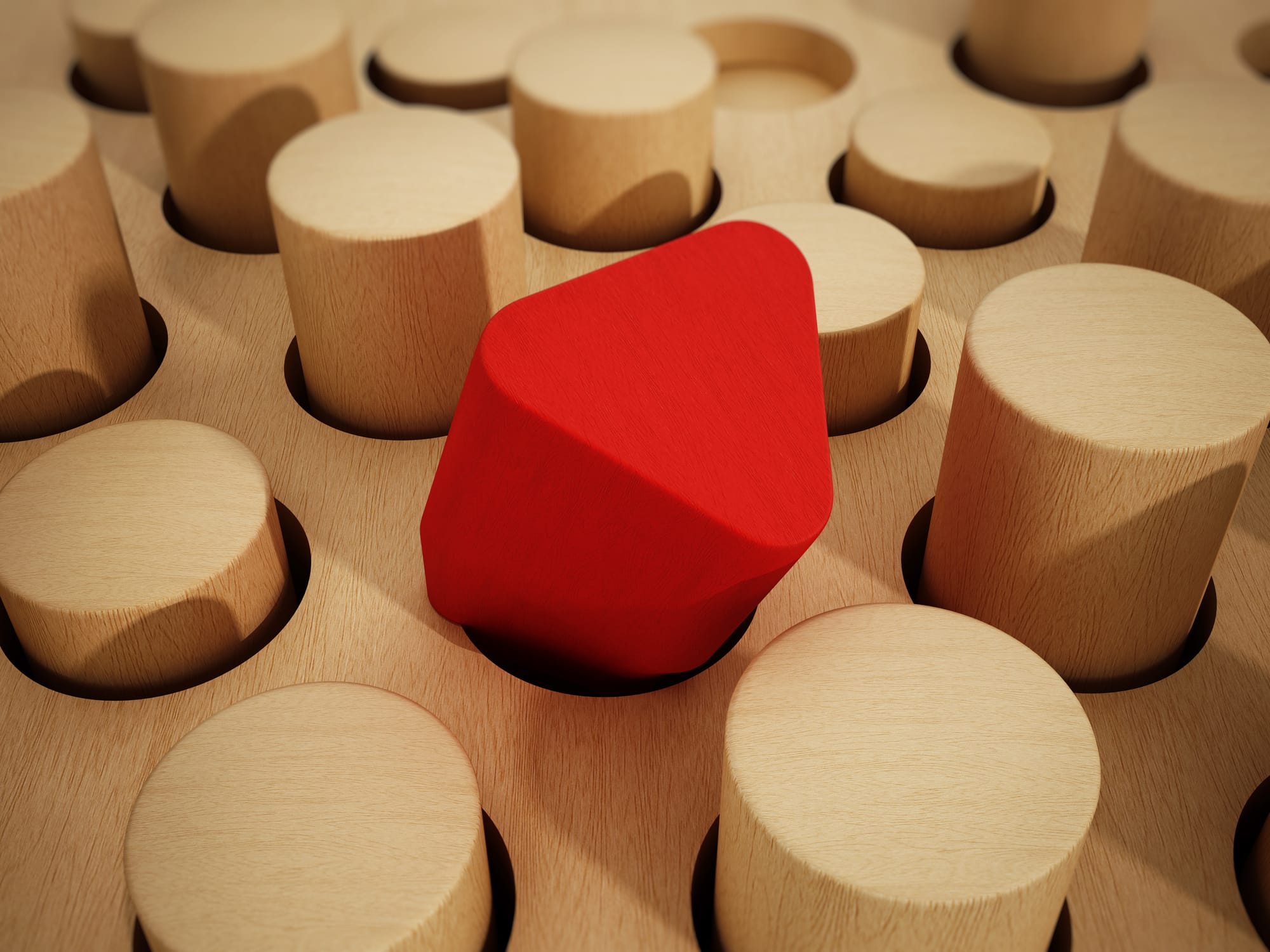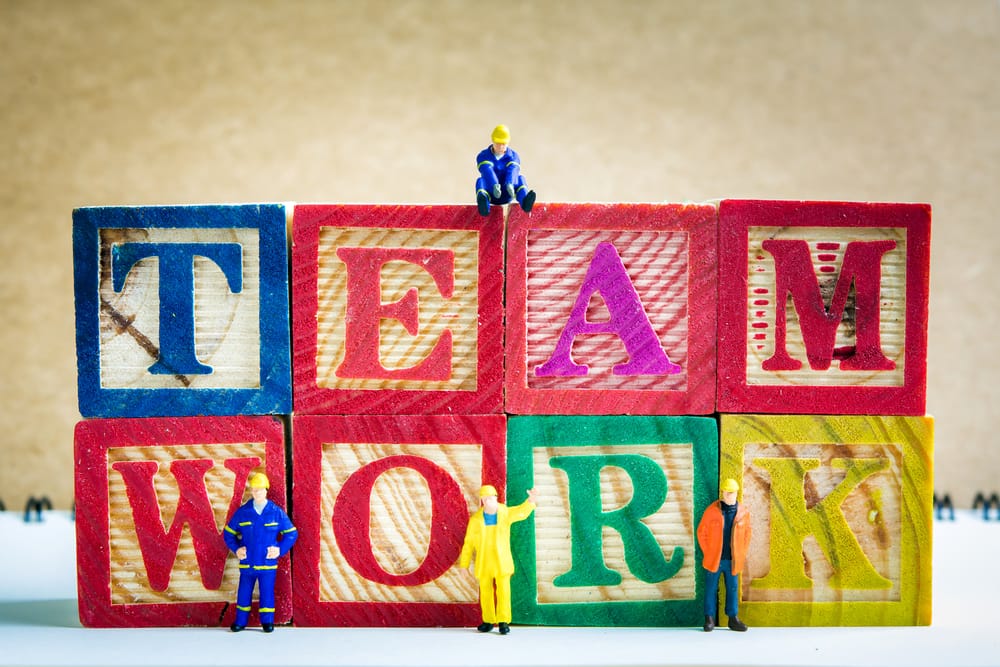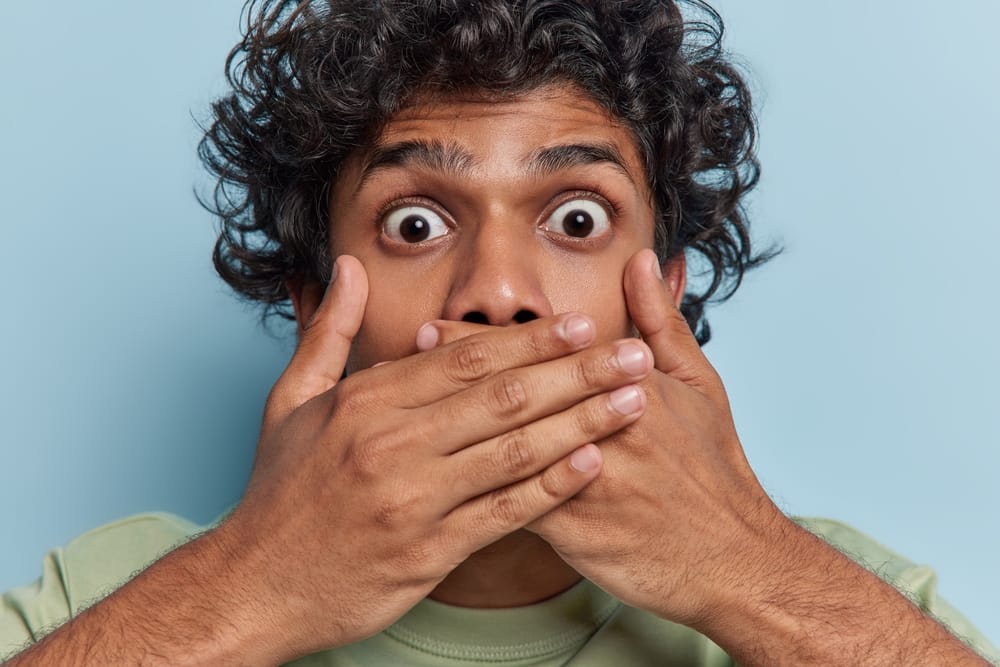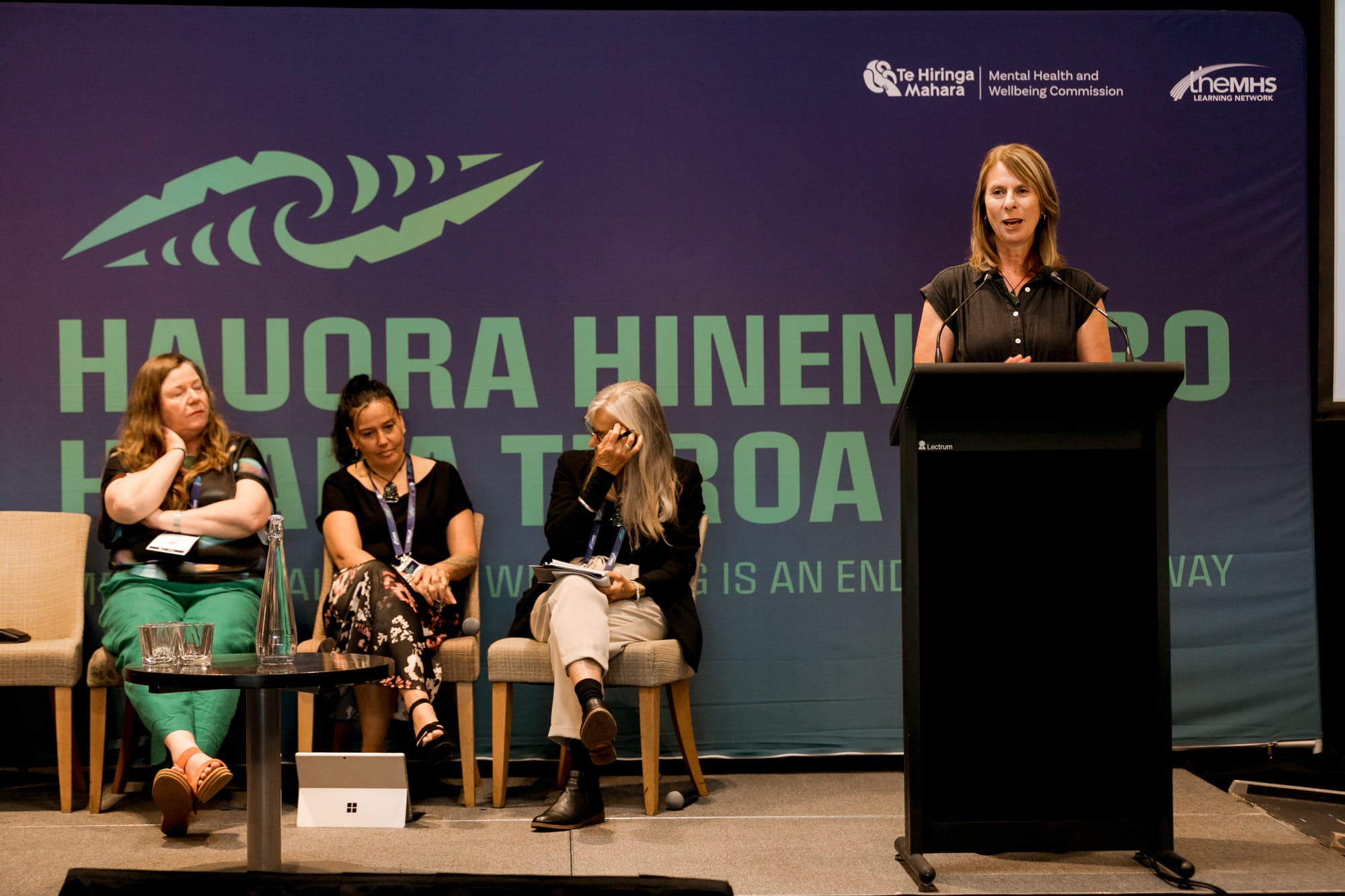
Square peg?
We’re Not Being Seen: A Call for Holistic, Woman-Led Recovery
A few years ago, I was really unwell. I was struggling with mental health challenges, anxiety, depression, grief, and it was affecting every part of my life. I was also physically sick. I was in debt. I felt completely consumed.
I accessed a lot of support, but I was turned away again and again because I didn’t fit into their boxes. And that’s fine. Except there wasn’t anything else offered.
It was like, you don’t fit here, so… nothing. Sometimes I was redirected, but mostly, I wasn’t. It was fragmented. There was no clear path. That was the spark. That’s what inspired me to start this charity called the "Wahine Tupu Tahi Foundation."
I want to speak to 50 women. I want to hear from women who have gone through these challenges and used social services, whether it worked for them or didn’t. Then from that, we build something better. I want to do proper research. I want to map their stories, gather data, and build a programme that is truly designed for us, by us.
Because what I needed back then, and what so many women need, is a holistic approach.
My healing didn’t begin in the places that were meant to help me. It began in a space that felt completely different. I was referred to a Māori healer. From the first moment, I knew I was in a space that understood healing beyond talk therapy or prescriptions. She moved her hand over my stomach and said, “There’s inflammation there. That’s where you’re storing your emotions.” And it hit me.
It was a completely different language, but I understood it deeply.
Over time, I found real support through her and others. I was eventually diagnosed with an autoimmune condition. It is completely healed now. I take no medication. That journey showed me the need for something whole. Not fragmented. Not just mental. Not just physical. Holistic.
When I think of holistic healing, I think of going to the root of things.
- Looking at the whole person, mental, emotional, spiritual, physical.
- Building self-worth, self-esteem, and confidence.
- Touch therapy, self-massage, conversation, healing circles, all of that is needed.
Approaching the pain from different angles.
One of the key influences for this idea was hearing about a 10-week Wahine programme in Rotorua. It was run by Te Arawa Whānau Ora. I heard about it at a symposium where different Māori organisations had come together to share what they were doing. That really inspired me.
I thought, yes, this is the kind of space we need. Something that is local. Something that brings women together, not just to be helped, but to help each other.
The idea for the 10-week programme grew from there. I want to create a space where women who have experienced things like
- employment issues,
- debt,
- abusive relationships,
- addiction,
- self-harm, and
- sexual abuse can come together and heal.
Not in a rush, and not at a crisis level, but in a safe and intentional space. It’s about addressing those things layer by layer.
The 10-week structure is really important. It’s long enough to go deep, but short enough to feel achievable.
The goal is not just to receive support, but to become part of something.
My hope is that women who go through the programme will come back and support the next group. They’ll say, “Hey, I’ve been through this. I know how hard it is. I want to help you now.”
That model worked for me. I know it works for others.
I want to bring in facilitators and healing practitioners that the women can relate to. People who understand what it’s like. People like themselves. That’s crucial. We’ve seen too many services run top-down. This will be grounded in lived experience.
The programme will be designed from the ground up, based on real voices. That’s why the research comes first. I have my own story, but that’s just one story. I want to hear what’s worked and what hasn’t for others. What helped them. What was missing. What would have made the difference.
What I found missing in my own journey, even with support, was community. I had a couple of support groups, but I didn’t build deep relationships there. I don’t stay in touch with anyone from those spaces. It was very much like a class. You go, you learn, you leave. There wasn’t that feeling of, “We’re in this together.”
I deeply distrusted women for a long time because of intergenerational and childhood trauma. But I realised I needed to be around women. Women are safer to be around. We need that space, a community of women where it feels safe to open up, to build deep relationships, and to support each other.
I want this programme to be a space where that community is built. Where it’s not just about healing, but also about connection. Where those who have come through can put their hand up and say, “I want to lead now.” That’s what I want. That’s what’s missing.
This isn’t about fitting into someone else’s boxes. It’s about creating new spaces, informed by the voices of women who have been there.
The programme will centre around practices that help build confidence and self-worth. One idea I have is to bring in facilitators who can teach self-massage. That’s one example of a holistic approach. It’s self-care. It’s healing. It helps women reconnect with their bodies in a safe way.
We’re also going to focus on breaking down the voices that hold women back. The inner critic. The shame. The feeling that you’re worthless. That needs to be unlearned. Because that’s the root. That’s what drives the pain. That’s what feeds the addiction, the burnout, and the fear.
It’s not about creating a solution that works for everyone in the same way. It’s about listening first. That’s why I’m committed to this research. Gathering data. Finding the patterns. Hearing from people who have gone through it. Especially women with lived experience of mental health challenges. Those voices matter.
Eventually, I want to partner with other organisations who are already working in the more critical space. So if a woman doesn’t meet their criteria, she can come to us. That way, no one is left behind.
Call to Action
If you’re a woman who resonates with this journey, or someone who wants to contribute, whether through collaboration, funding, facilitation, or simply sharing wisdom, we invite you to get in touch. This initiative is about co-creating something powerful, inclusive, and healing.
Contact Mridhula on her Linkedin page


